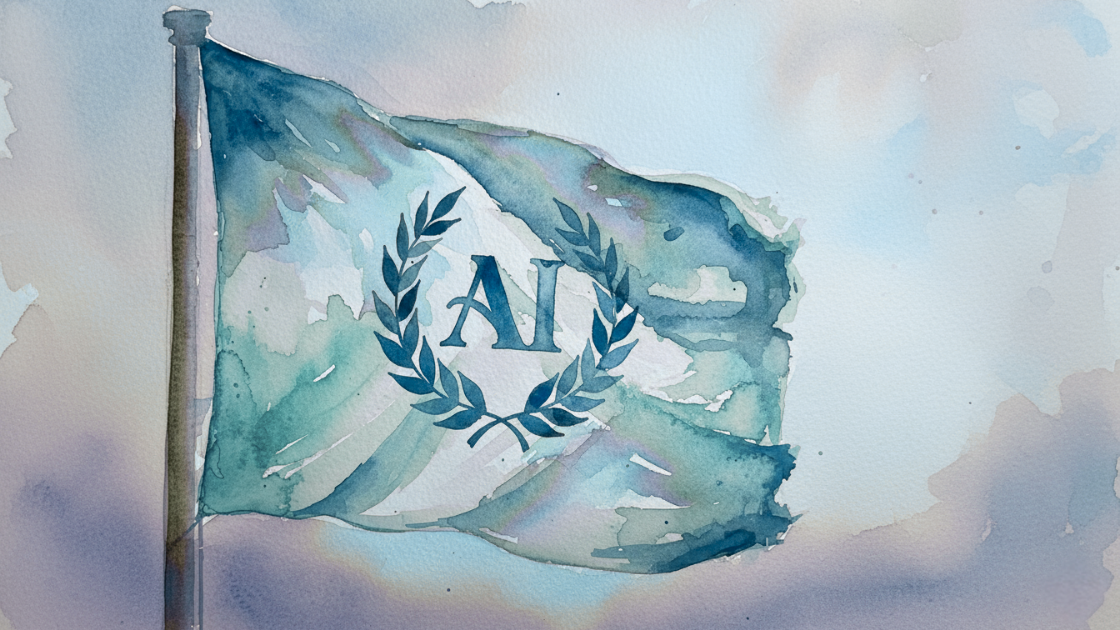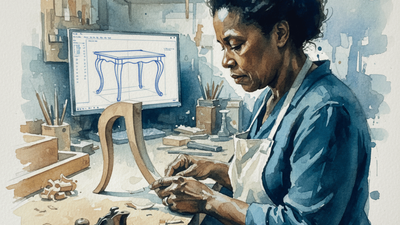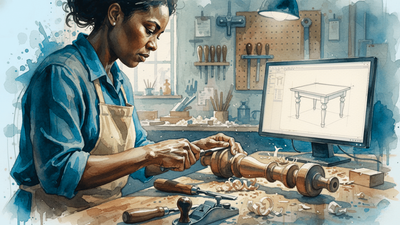Is the AI Job-Takeover Inevitable?

I feel sorry for anyone trying to figure out their career trajectory right now. The headlines scream about AI replacing millions of jobs while experts debate whether this time is different. Meanwhile, you're watching colleagues either panic about automation or pretend it doesn't affect them.
Here's what I've learned from working with professionals navigating this transition: the question isn't whether AI will eliminate jobs, but whether you'll position yourself to expand through this change or get diminished by it.
The Real Question We Should Be Asking
The job-takeover narrative assumes work is a zero-sum game between humans and machines. That's not what I'm seeing in practice. When AI handles routine data processing, analysts stop compiling reports and start investigating why patterns emerge. When AI manages project coordination, managers stop running update meetings and start removing systemic blockers.
The scope expands, not contracts. The people thriving aren't fighting AI—they're using it as a capability multiplier.
The Skills That Actually Matter
The capabilities becoming genuinely valuable aren't about being more technical or more creative. It's about becoming fluent in the spaces between human judgment and AI capability.
Pattern translation matters when you see connections AI misses. Contextual judgment is critical when the algorithmically "right" answer is wrong for this specific situation. Ambiguity navigation is essential because most business problems exist in grey zones where parameters haven't been clearly defined.
These cognitive capabilities become exponentially more valuable when paired with AI systems, and they resist automation in ways that routine tasks don't.
Your Strategic Move
Stop protecting current tasks from AI. Start deliberately handing over routine work to free up capacity for higher-order thinking. Your institutional knowledge becomes invaluable when you use it to help AI-augmented teams move faster, not to slow them down.
In emerging cluster-based organizations, a single person with the right capabilities can own outcomes that previously required entire teams. The finance professional evolves from data compilation to strategic insight generation. The operations manager moves from process oversight to system optimization.
The job-takeover fear assumes human value only exists in current tasks. But work is about solving problems, not protecting processes. When AI handles the mechanical aspects of your role, you're finally free to focus on strategic thinking that creates real value.
The question isn't whether AI will take your job. It's whether you'll expand into the work that becomes possible when AI takes care of everything else.
What's one routine task you're ready to delegate this week?
Subscribe to the FORS Report
Be the first to know - subscribe today





Member discussion